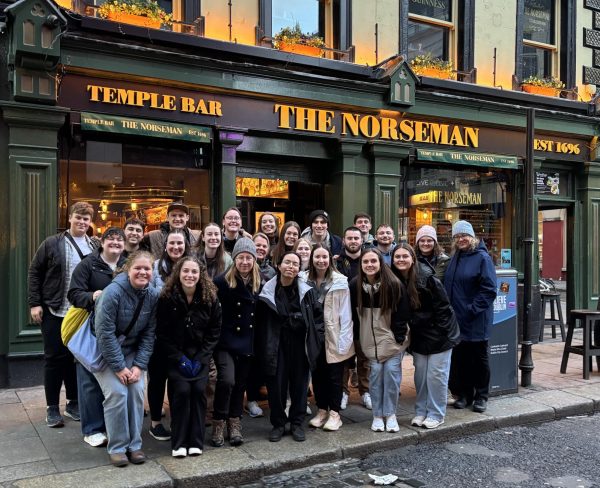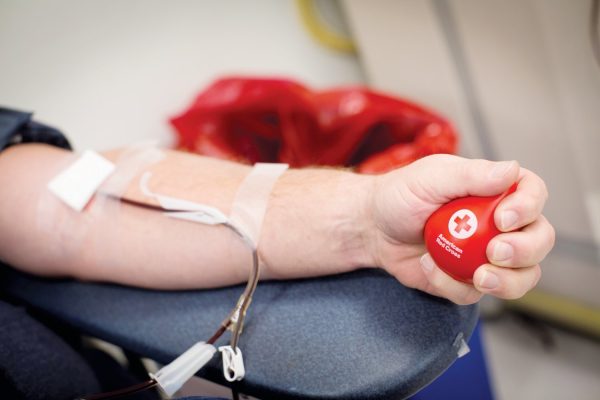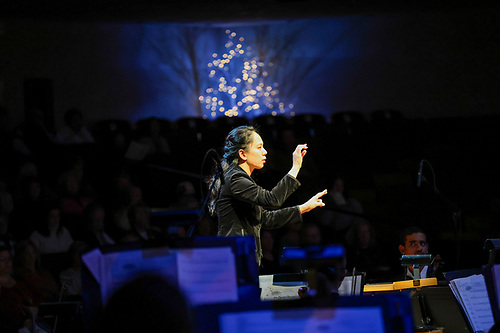Lecture by former US Army Chaplain James Yee reflects on the lasting impacts of 9/11
On Wednesday, September 15, Luther’s Center for Ethics and Public Engagement (CEPE) hosted a Zoom lecture given by former US Army Chaplain James Yee titled “Torture and Terror at Guantanamo Bay: A Muslim Chaplain’s First-hand Account of US Human Rights Abuses after 9/11.” This event was part of the lecture series “Never Forget: 9/11 and the Ethics of Memory,” which calls into question exactly who and what people are supposed to remember about 9/11.
Yee worked at the Guantanamo Bay Detention Camp as one of the first Muslim chaplains in the U.S. military. Yee went on to discuss his experience of being accused and imprisoned by the U.S. military for 76 days on charges of spying, espionage, aiding the enemy, mutiny, and sedition. During the lecture, Yee explained how being in prison affected his religious faith, and his faith in the nation.
“Two days before I was secretly arrested, I had received the best officer evaluation report I ever received in my entire military career,” Yee said. “My faith certainly was affected. It was my faith that I relied on to get through the worst times, because there were times when I did not have anyone. I couldn’t really speak to my attorney and wasn’t really allowed open phone calls. I couldn’t have contact with my family. I’m thinking I’m being found in the same situation, [of the prisoners in Guantanamo Bay] where I don’t have rights. When you don’t have rights, who knows if you’ll ever be seen again. That was harrowing for me.”
Associate Professor of Religion Todd Green was the interim director for the CEPE when the lecture series was planned. Green explained that Yee was chosen to speak because he has a unique perspective on the aftermath of 9/11, a perspective that the communities of Decorah and Luther would not typically be exposed to.
“Maybe those who are able to engage with Yee will be able to reshape how they think about future events when the United States contemplates military action or there is an act of terrorism,” Green said. “Hopefully the audience will think more deeply about what the pitfalls
and dangers are when the United States government or it’s military respond in a heavy-handed manner to a terrorist attack.”
Director of the CEPE and Professor of History Victoria Christman shared why she thinks that events such as this are so important for the Luther community.
“The entire commemoration of 9/11 is interesting on a college campus because none of the students remember it,” Christman said. “There are lots of legal — constitutional changes, in a way — that happened in our country as a result of 9/11, that are just normal for students who were not living before that. I think it is important to consider the infrastructure we’ve built around how we treat people who are suspected of terrorism, and how we interact with our Muslim neighbors differently as a result of that event. I think it is still worthy of discussion 20 years later.”
The “9/11 and Ethics of Memory” lecture series will continue at Luther in the month of October. On September 14, the art exhibit “Landscape and Seascape: Escaping Prison Through Art” was installed outside the Hovde Lounge in Preus Library. It is a series of paintings and poetry by the artist Wali, and will be open until October 15, 2021. There will also be a concert commemorating 9/11 on October 31.
A recording of Yee’s lecture is available on the Luther events page.





